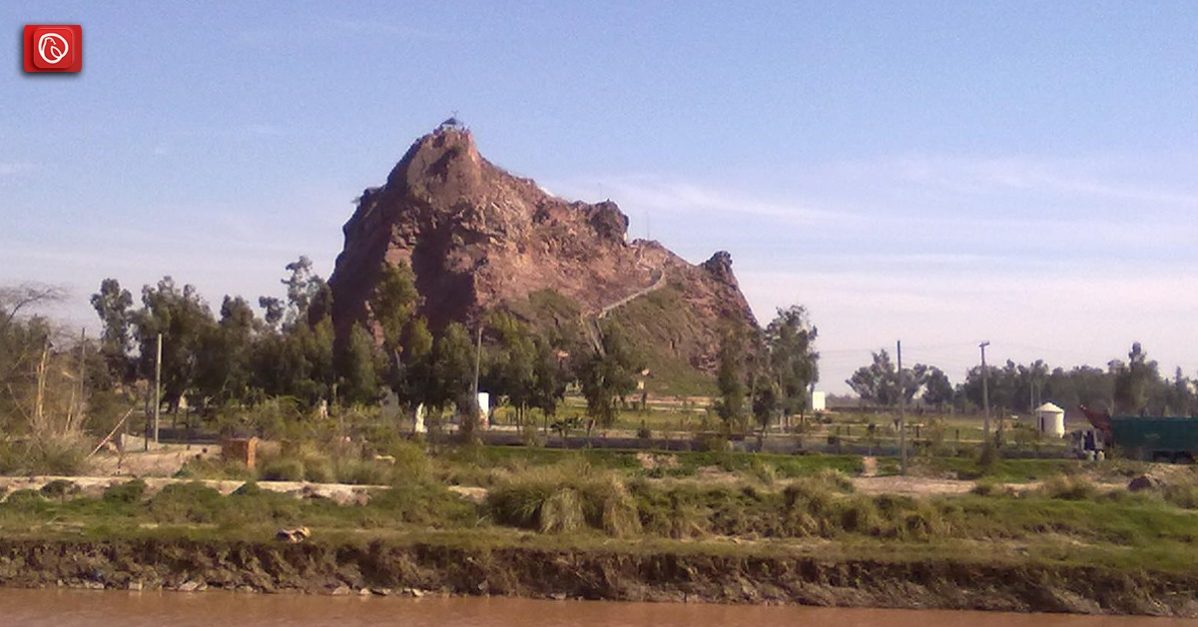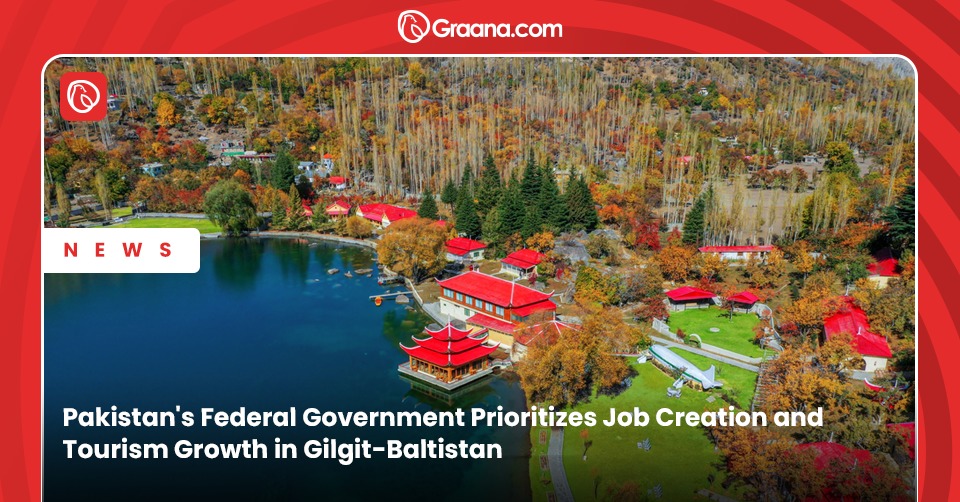Sangla Hill, located in the district of Nankana Sahib in Punjab, is a small town with a rich history and cultural heritage. With its numerous landmarks, the town is a popular destination for tourists.
Graana.com has prepared a detailed guide on the area below, including details of its history, culture, and attractions.
An Overview
| Location | Sangla Hill, Nankana Sahib District, Punjab, Pakistan |
| Geographical Coordinates | Approximately 31.9786° N latitude, 73.7044° E longitude |
| Population | Around [population data needed] (as of the last available census) |
| Official Language | Punjabi, Urdu |
| Economy | Primarily agrarian, with a focus on agriculture, trade, and local industries |
| Major Crops | Wheat, rice, sugarcane, and other seasonal crops |
| Industries | Small-scale manufacturing, cottage industries |
| Education | Presence of schools and colleges |
| Religion | Predominantly Islam |
| Culture | Rich cultural heritage with traditional festivals and practices |
| Landmarks | Notable local shrines, historical sites, and landmarks |
| Transportation | Connected by roads, local transport is available |
| Local Cuisine | Traditional Pakistani cuisine with local specialties |
| Infrastructure | Basic amenities such as healthcare, electricity, and water supply |
| Events/Festivals | Celebration of Islamic festivals and local events |
| Local Governance | Administrative control under Nankana Sahib District |
Location
It is located in Khyber Pakhtunkhwa, about 250 km away from Islamabad. It is part of the Hindu Kush mountain range and has an average elevation of 2000 metres above sea level. The climate is moderate, with pleasant summers and cold winters. The best time to visit is from April to October when the weather is pleasant and the flowers are in full bloom.
Sangla Hill Weather
Sangla Hill in the Nankana Sahib district of Punjab, Pakistan, tends to have a climate similar to that of the wider area. Summer temperatures are high, often exceeding 40°C (104°F), while winters are cool, especially at night. The rainy season from July to September increases rainfall, contributing to the agriculture-dominated economy of the region.
Like the rest of Punjab, the climate of Sangla Hills plays an important role in the region’s daily life, agricultural practices and local festivals. Visiting the local climate reliable service providers or online weather forums is recommended to see real-time and detailed weather forecasts.
History of Sangla Hill
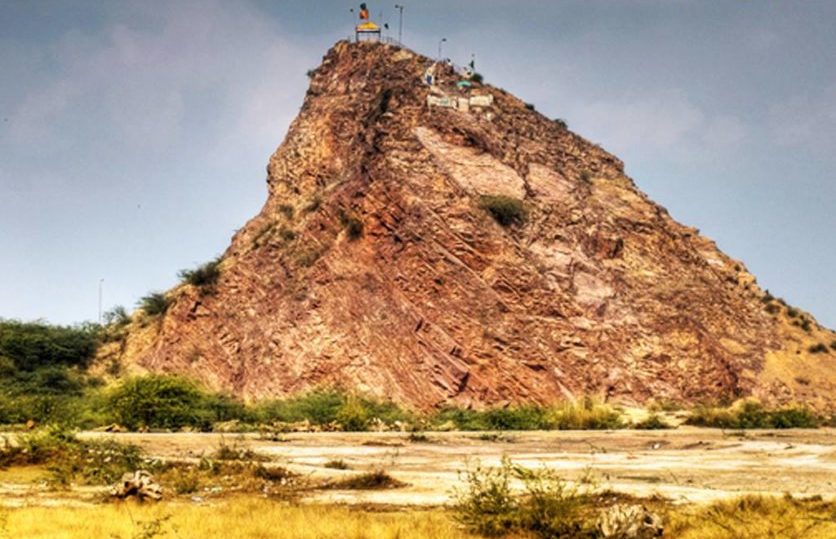
The area has a long and fascinating history that dates back to ancient times. The town was once a part of the Gandhara civilisation, which flourished in the region between the 6th century BCE and the 11th century CE. During this period, the town was known as Sangala and was an important centre of trade and commerce.
Later, it came under the rule of various dynasties, including the Ghaznavids, the Mughals, and the Sikhs. The town played an important role in the history of the region, serving as a strategic location for military campaigns.
During the British colonial period, it became a major centre of the textile industry. The town’s cotton mills were some of the largest in the region and played a crucial role in the development of the local economy.
Culture of Sangla Hill
The town has a vibrant and diverse culture that reflects the town’s rich history and heritage. It is home to people from various ethnic and religious backgrounds, including Muslims, Hindus, and Christians.
Sangla is particularly famous for its traditional handicrafts. Generations have passed down traditional techniques to produce a variety of hand-woven textiles, including shawls, scarves, and carpets.
The region is famous for its traditional festivals and celebrations. The town’s annual Urs celebration, which commemorates the death anniversary of a Sufi saint, is a major event that draws thousands of people from across the region.
Tribes
The town is surrounded by numerous villages whose inhabitants belong to various castes and religions, including Aarein, Jutt, Malik, Butt, Mughal, Ansari, Awaan, and other minorities. Despite their differences, these people coexist peacefully and foster a sense of brotherhood and community.
Most of the residents are farmers who migrated from Sialkot in 1865 and cleared the land for agriculture. The town is the main economic centre of the region and is home to approximately 109 villages.
Hill Park
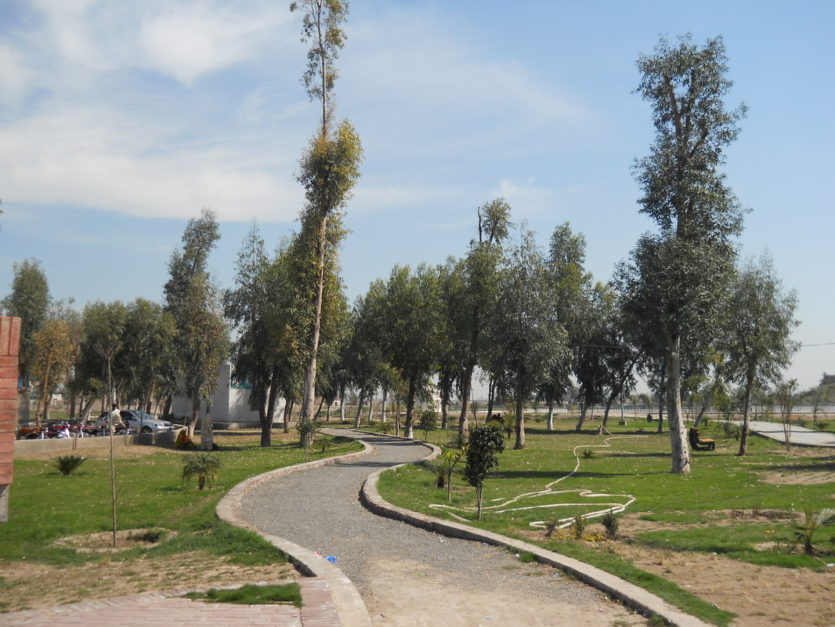
Member of Parliament Barjees Tahir inaugurated Hill Park, a popular attraction built around a hill, which features plantations and rides for children. During the inauguration, Barjees Tahir also announced additional funding for the park.
The area is home to the shrine of Baba Malkoo, and an annual carnival is held in November that attracts people from all over. From the hilltop, visitors can enjoy a stunning view of the surrounding green fields and the flowing water of the canal Rakh Branch.
Temples
Today, visitors can still see an old Hindu temple located outside the town along the Salarwala-Sangla Hill road. Additionally, there is another temple on the left side of the Hussain Trust Hospital, but unfortunately, it is now hidden behind a tall building due to encroachment on its land.
The existence of these temples is a testament to the town’s historical religious tolerance, and they are a symbol of the cultural diversity of this ancient settlement.
Attractions in Sangla Hill
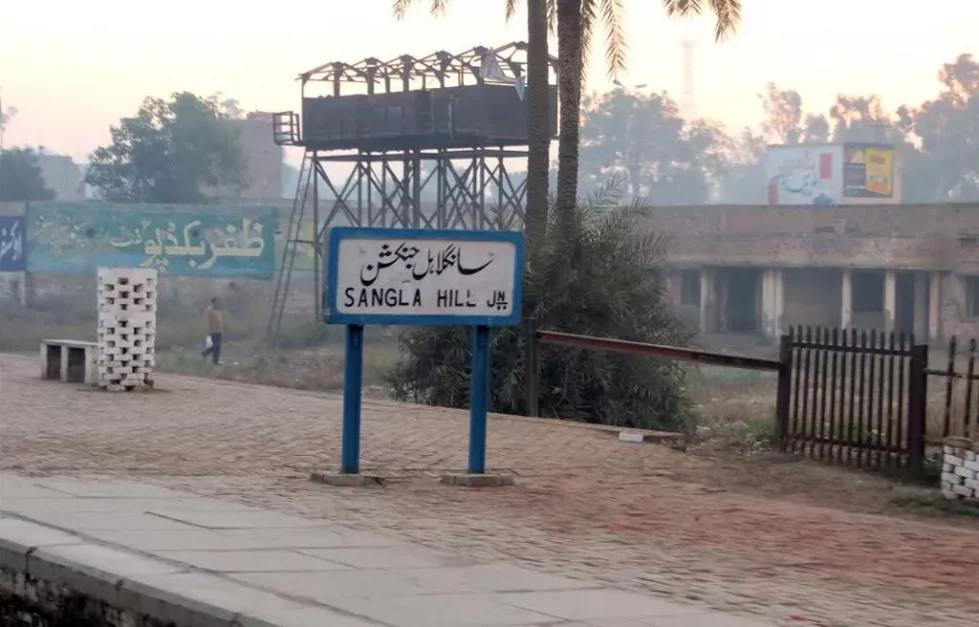
The area is home to numerous historical and cultural landmarks that are worth exploring. Some of the most notable attractions in the town include:
Hiking and Trekking
It features many trails and routes for hiking and trekking enthusiasts. You can explore the scenic landscapes, waterfalls, lakes, and glaciers, and witness the diverse flora and fauna of the region. Some of the popular hiking destinations are Alpuri, Bisham, Chakesar, Dandai, Kana, Puran, and Yakhtangay.
Camping and Picnicking
If you want to spend a night under the stars or have a relaxing picnic with your family or friends, there are many spots located here for camping and picnicking. You can pitch your tent near a stream or a meadow, or rent a cottage or a guest house from the locals. You can also enjoy a bonfire or barbecue, at night.
Sangla Hill Fort
The Sangla Hill Fort is a historic fort in Pakistan that dates back to the Mughal period. It was built by Emperor Akbar in the late 16th century, and was later expanded and renovated by other Mughal emperors. Today, it is a popular tourist attraction and is known for its impressive architecture and beautiful gardens.
Fishing and Boating
There are many lakes here that are ideal for fishing and boating. You can catch trout, carp, or mahseer fish, or rent a boat or a raft to explore. Some of the famous fishing and boating spots are Chail Maira Lake, Indus River, Khan Khwar River, Shahpur Lake, and Swat River.
Haveli Rai Bahadur
A wealthy merchant built Haveli Rai Bahadur, a historic mansion, in the late 19th century. It is popular for its beautiful frescoes and intricate woodwork. The mansion has been converted into a museum and is now accessible to visitors
Shrine of Baba Farid Shakar Ganj
The shrine of Baba Farid Shakar Ganj is a popular pilgrimage site for Muslims. Baba Farid was a Sufi saint, who is revered for his spiritual teachings and miraculous powers.
Cultural and Historical Sites
You can visit several archaeological sites, forts, mosques, shrines, and temples in the area that reflect the heritage and diversity of the region. Some notable cultural and historical places are Bari Kot Fort, Chakdara Museum, Pir Baba Shrine, Puran Fort, Shangla Top Pass, and Saidu Sharif Mosque.
Sangla Hill is a hidden gem of Pakistan that deserves more attention and appreciation from tourists and travellers.
Frequently Asked Questions (FAQs)
Q: Where is Sangla Hill?
A: It is a small town located in the Nankana Sahib District of Punjab, Pakistan.
Q: How do I get to Sangla Hill?
A: The most convenient way to get there is by road. Sangla is approximately 2 hours away from Lahore.
Q: What are some of the tourist attractions in Sangla Hill?
A: It is home to a number of historical landmarks and religious sites, including the Sangla Hill Fort, the Shrine of Baba Mauj Darya, and the Shrine of Pir Muradia Shah.
Q: What is the best time to visit Sangla Hill?
A: The best time to visit is during the winter months (November to February) when the weather is cool and pleasant.
Q: What is the local cuisine in Sangla Hill?
A: It is popular for its delicious Punjabi cuisine, including dishes like daal makhani, tandoori chicken, and saag.
Q: Is Sangla Hill a safe place to visit?
A: Yes, it is a safe place to visit. However, as with any travel destination, it is always important to exercise caution and be aware of your surroundings.
Follow Graana.com for more information.
